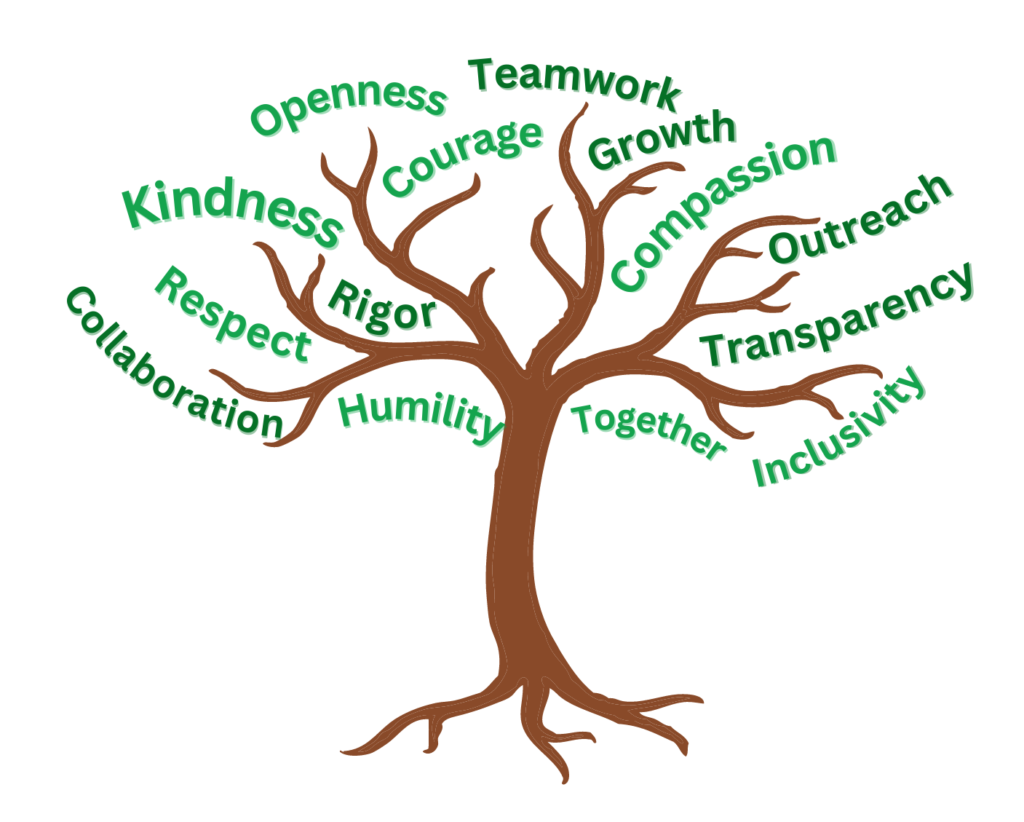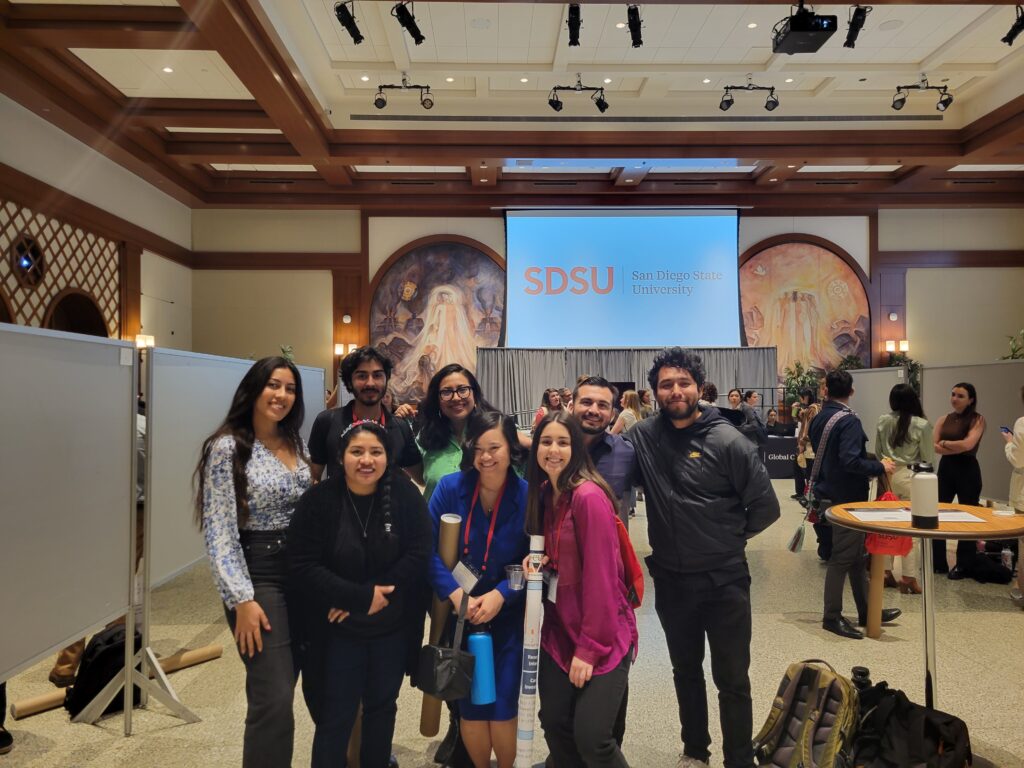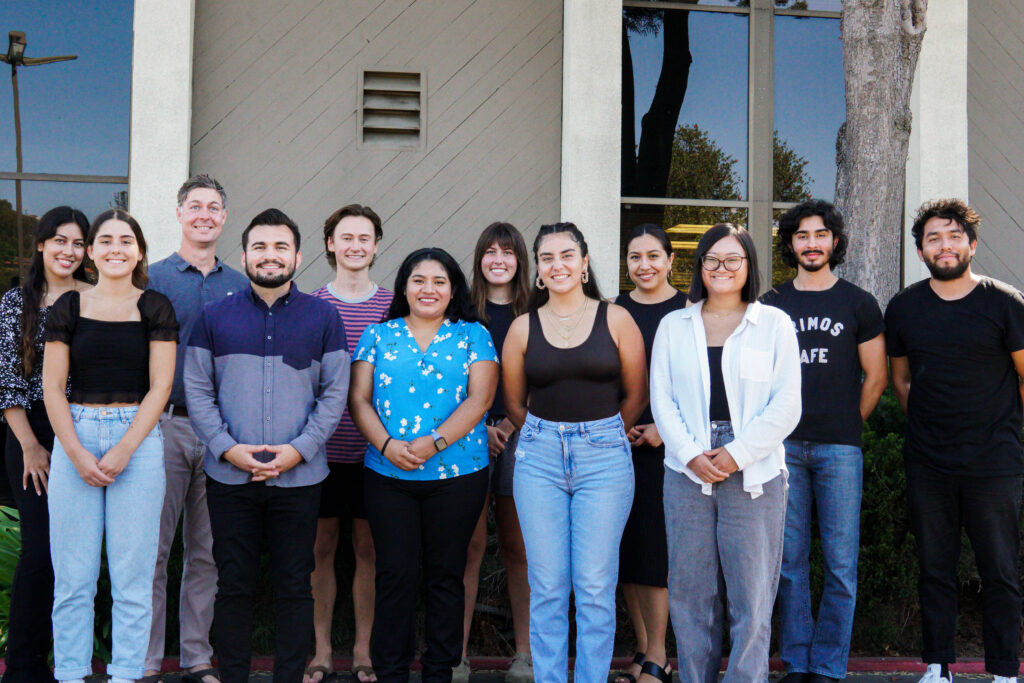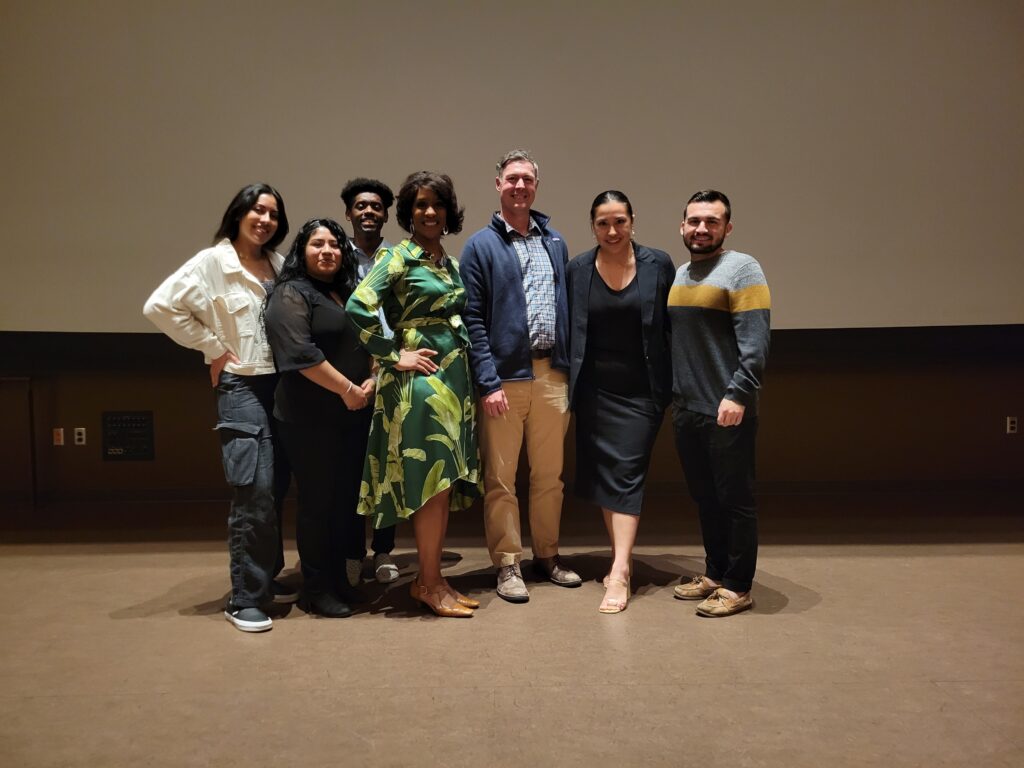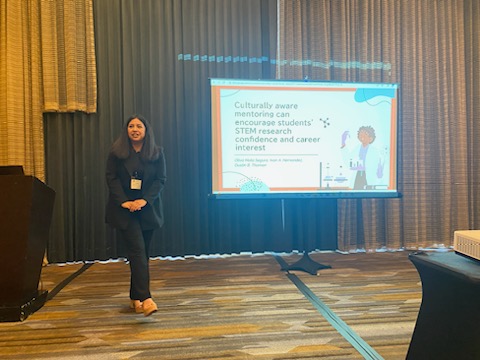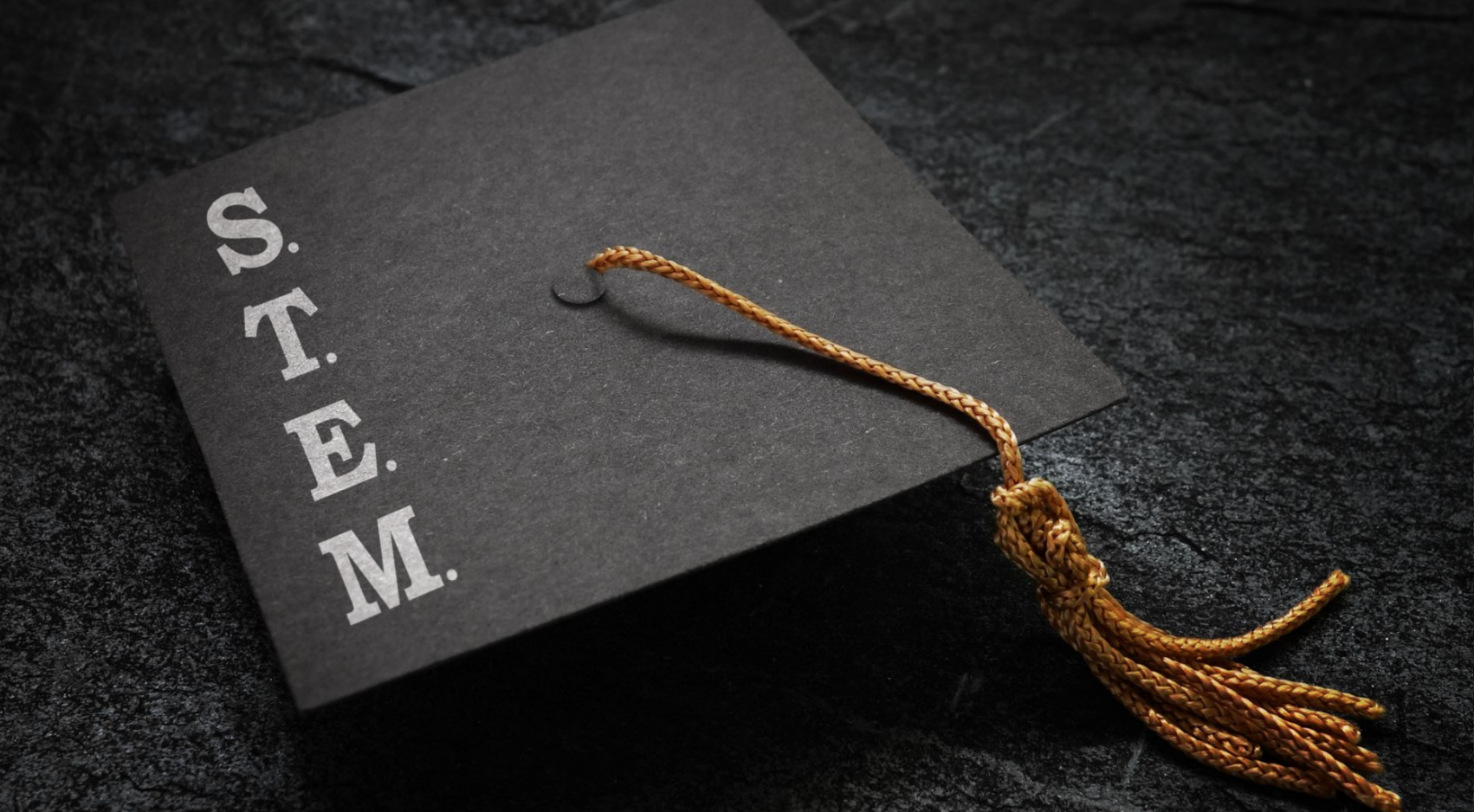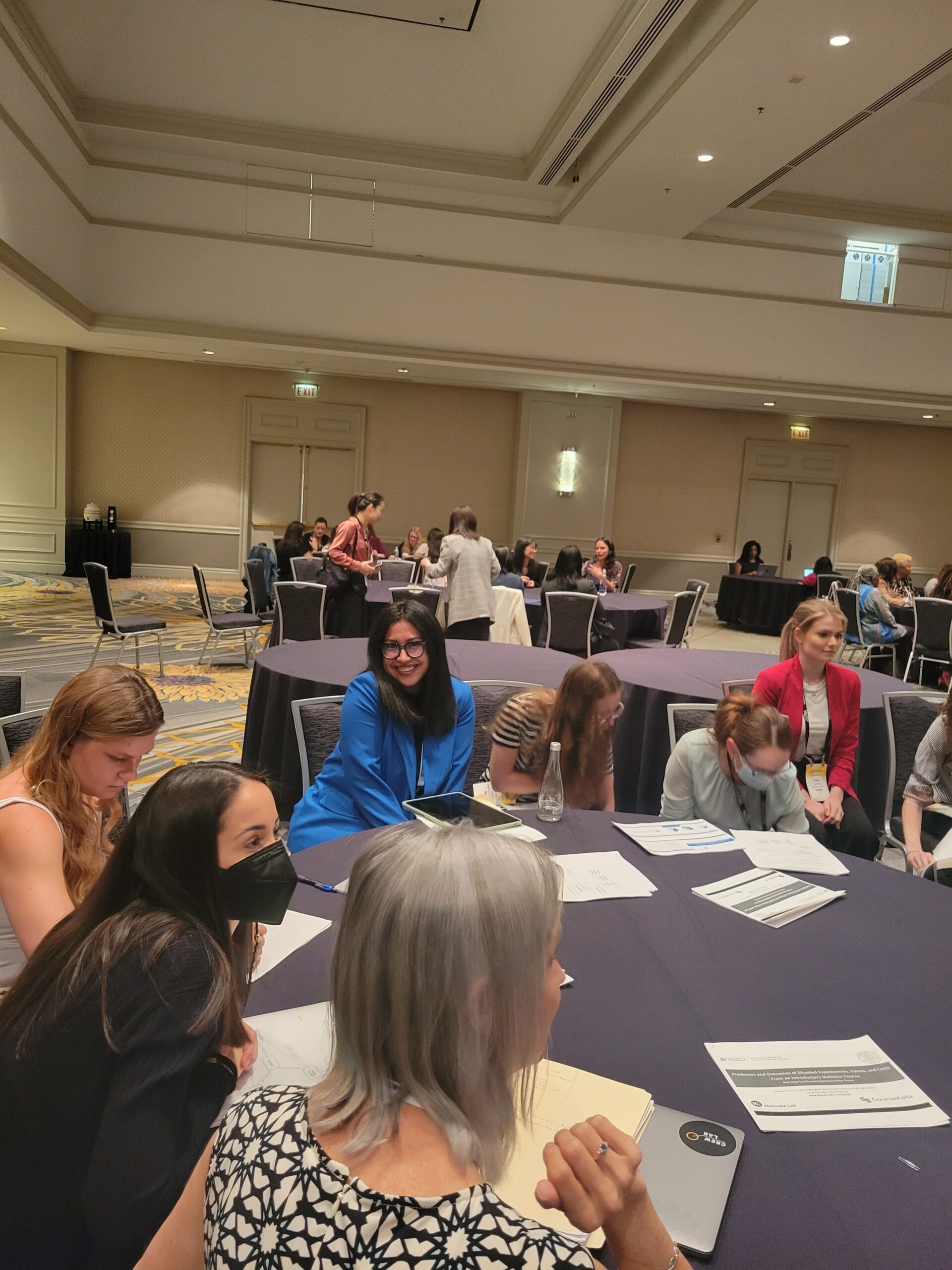Welcome to the Motivation and Social Identity Lab
What We Do
As a social and educational psychology research lab at San Diego State University, our goal is to understand human motivational processes and apply that knowledge to action-oriented research, designing, implementing, and testing educational interventions. Under the direction and supervision of Dr. Dustin Thoman, we study how and why interests are developed and sustained, and how one’s social identity (or social beliefs about that identity) influences these motivational processes. We are also driven by the social justice applications of this research. Using knowledge of motivational processes to improve equity and inclusion is at the heart of both our research and translational work.
Our lab is formally associated with the SDSU Department of Psychology and the SDSU Center for Research in Mathematics and Science Education. We have many additional research and translational partners who are integral to our learning and impact. Click on the dropdowns below for more information about specific research questions we aim to address.
How do we improve equity and inclusion in science?
Across several projects, our lab focuses on a range of approaches to improve equity and inclusion in science, and in STEM more broadly. Some projects focus on improving student experiences in their classes. For example, we use laboratory and field studies to investigate strategic ways of enhancing science course materials and pedagogy in order to close equity gaps and improve short- and long-term student outcomes. Other projects focus on removing institutional barriers. For example, our work on the diversity interventions, resistance to action model highlights the explicit role of faculty as systemic gatekeepers in field-wide efforts to diversify biology education, and findings point to strategies for overcoming different aspects of faculty resistance in order to scale up diversity-enhancing classroom interventions.
How do students learn about norms and values in STEM fields that shape their science experiences and choices?
Our lab investigates the transmission of scientific cultural norms and values within faculty research labs to understand and predict undergraduate student research experiences, interests, and persistence. Research experience in a faculty-led laboratory provides a unique context where students learn about the culture of science. What we don’t yet know is how faculty communicate that culture of science in ways that do – or do not – reproduce cultural barriers for historically underrepresented (UR) students. Research shows us that faculty tend to draw from their individual experiences when setting up their own labs (Schwartz, & Lederman, 2008) and that the unique group context in a research lab can be thought of as research “micro-culture” that can foster or impede students’ science interest (Thoman et al., 2017). We systematically investigate how the beliefs of and messages from faculty shape undergraduate research assistants’ perceptions of science norms and values, as well as the influence of these faculty beliefs on UR students’ experiences of microaffirmations in the lab, research interest, and persistence. We predict that messages from faculty within the lab microculture influence the experiences of all students, but that the sustained transformative impact (for the better or worse) is particularly evident for UR students.
How do students’ interactions with peers and close others influence their academic interests and career pursuits?
Previous studies have shown that peers and close others can greatly impact a students’ developing interest (e.g. Thoman et al., 2012). We currently examine this link by asking whether talking about interests in science with close others (e.g. family members and close friends)influences students’ engagement and interest in pursuing science careers. Further, we examine the impact that others feedback, when talking about science, can have on developing interest. We also look to the impact of others within research lab structures, lab mates and faculty, in order to see how others beliefs and perceptions of science can impact a students’ own interest in science research and careers.
How do sociocultural experiences contribute to identity processes and subsequent motivation for underrepresented minority students?
Research continues to add to our understanding of the important influence of social identity on motivational outcomes, particularly in educational contexts. Across a wide range of studies, we examine how students from traditionally underrepresented backgrounds manage potentiallyconflicting messages about (lack of) fit between their cultural and scientific values. This incongruity can influence experiences of interest, belonging, and identity development in ways that shape subsequent engagement in STEM educational and career paths.
Lab Values
